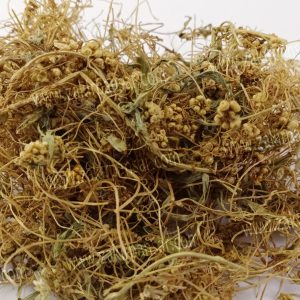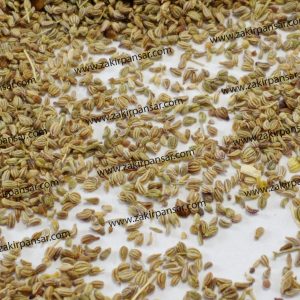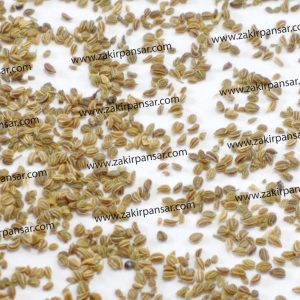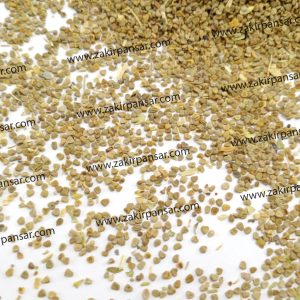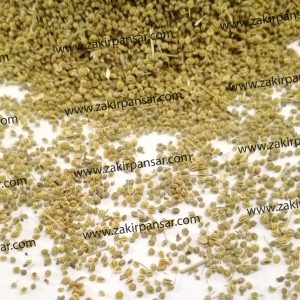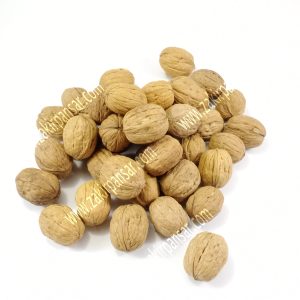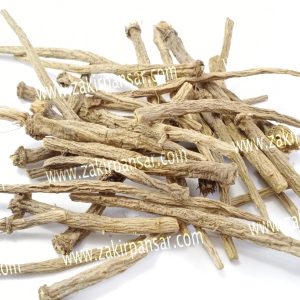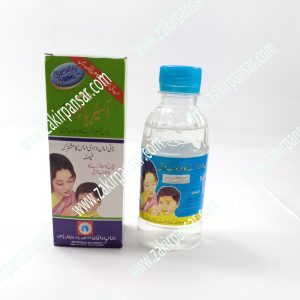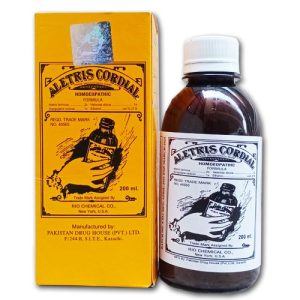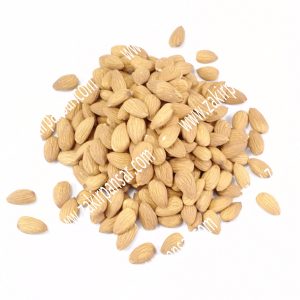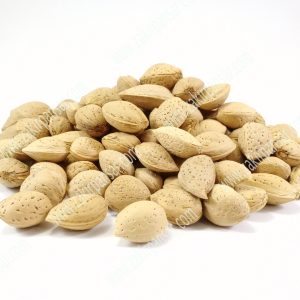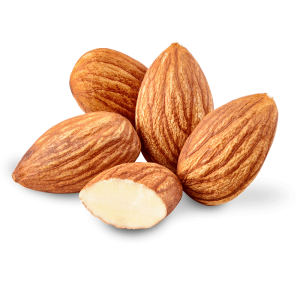Herbs
have been celebrated through the ages for their multifaceted roles in culinary arts, medicine, and even spiritual practices. This blog post delves into the essence of herb, exploring their uses and benefits through the lens of both passive and active voices in simple English.
Active Voice: The Gardener Cultivates Herb
In the active voice, the subject performs the action. Consider the gardener who cultivates herb. The gardener (subject) actively engages with the soil, plants the seeds, and nurtures the herb. This voice emphasizes the gardener’s role in the growth and care of the herb. For example:
– The gardener plants the basil in the sunny part of the garden.
– She prunes the mint to encourage fuller growth.
– He harvests the rosemary when the oils are most potent.
Passive Voice: Herbal Are Cultivated by the Gardener
In the passive voice, the subject is acted upon. The herbs receive the action. The focus shifts from the gardener to the herbs themselves. For instance:
– The basil is planted by the gardener in the sunny part of the garden.
– The mint is pruned by her to encourage fuller growth.
– The rosemary is harvested by him when the oils are most potent.
The passive voice can be useful when the doer of the action is unknown or less important than the action itself. It’s often used in scientific writing where the process is more significant than the person performing it.
The Benefits of Herbs
Regardless of the voice used, the benefits of herbs remain constant. They enhance flavors in cooking without adding extra calories. Herbal like ginger and turmeric are known for their anti-inflammatory properties. Lavender and chamomile can aid in relaxation and sleep.
In conclusion, whether we say “The gardener cultivates the herbs” or “The herbs are cultivated by the gardener,” the essence of herbs as valuable components of our lives remains unchanged. They continue to soothe, heal, and delight us with their myriad of uses. Herbs, in all their glory, are cultivated, cherished, and utilized across the world, playing a pivotal role in our daily lives.


